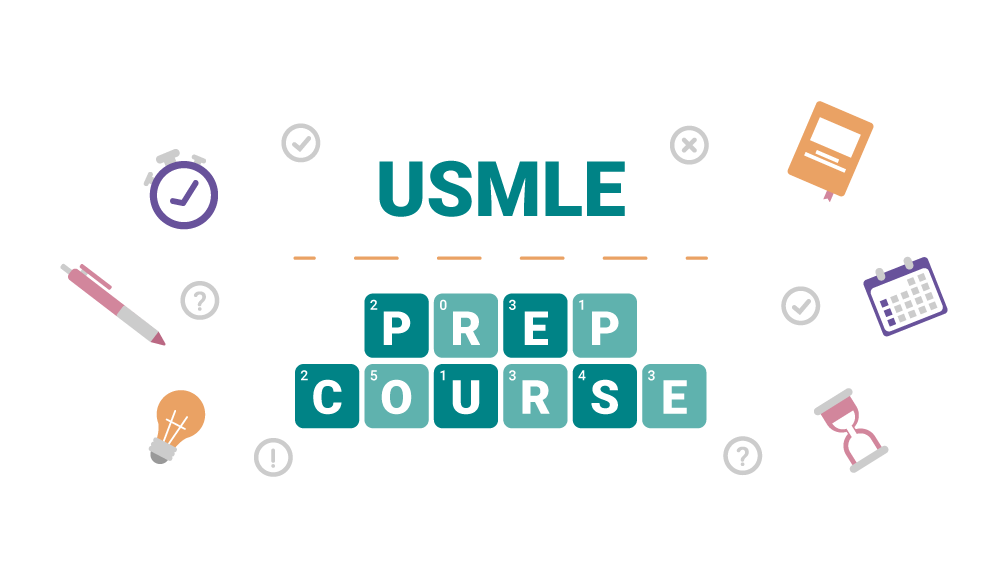When you become a dietician, your job will revolve around helping people with their diet. You will likely work in the healthcare field with clients dealing with specific health conditions.
Providing clients with information and advice about nutrition, diet, and wellness will be the majority of your job. You will need a formal education and the right training to become a dietician.
Before you decide to go into this type of career, it’s important to know what you’ll be doing. Make sure you understand the job duties and the day-to-day tasks. Let’s look closer at the job duties and how to become a dietician.

Job Duties of a Dietician
When you become a registered dietician, you will work with clients to help them create healthier habits with their diet. You will provide advice on eating healthier, how to cook balanced meals, and how to choose the right foods.
The main job duties of a dietician include:
- Assessing the overall health and diet of your clients
- Creating a customized nutrition plan for your client’s needs
- Creating meal plans for your clients to fit their budget, lifestyle, and preferences
- Helping clients to understand nutrition, exercise, and eating habits
- Giving clients tools to create better eating habits
- Offering ongoing evaluations for clients
- Keeping records for clients and logging new information
- Becoming an advocate for healthy eating and better nutrition
- Completing continuing education and staying up-to-date on the latest studies and research
These are the job duties you will likely take on as a dietician.
How to Become a Dietician in 4 Steps
Step #1 – Get a Bachelor’s Degree
A bachelor’s degree in dietetics, nutrition, public health nutrition, clinical nutrition, or foods and nutrition will help you to become a dietician.
The education requirements are different in each state. However, you will likely need a degree. You will study diet and disease, food principles, research methods, food science, anatomy, biology, and community nutrition as you get your degree.
Make sure you understand the requirements in your state before choosing your degree. Some states will require the program to be accredited by the Accreditation Council for Education in Nutrition and Dietetics.
Step #2 – Gain Experience
An internship is usually the next step for a dietician. You will likely need at least 1,200 clinical hours under the supervision of a licensed dietician. This requirement will vary from one state to another.
Step #3 – Pass your State’s Exam
You will need to pass the state exam to become a registered dietician or a clinical dietician. This exam may vary a bit from one state to another. However, it will likely last about two and a half hours. The exam will likely have about 130 multiple choice questions and will cover the following areas:
- Management of food and nutrition programs
- Services and foodservice systems
- Food and nutrition sciences
- Nutritional care for groups and individuals
After passing the exam, you will be able to work as a dietician.
Step #4 – Gain Certifications
A certification isn’t necessary but can be very helpful if you want to advance your career. You can become a Certified Nutrition Specialist. In some states, this may be required to become a registered dietician. However, other states won’t require any type of certification.
Step #5 – Get a Master’s Degree (Optional)
While a bachelor’s degree will likely be required to become a dietician, a master’s degree is not. However, it can be a very helpful thing for your resume. With a master’s degree, you can become even better qualified to work as a registered dietician. You can get a master’s in public health/registered dietician, which can make a huge difference in your employment opportunities.
Registered Dietician vs. Clinical Dietician
While both types of dieticians may seem like they do the same thing, these are different career options. Both registered and clinical dieticians will assess the diet and nutritional needs of patients.
The difference between the two is pretty simple. A clinical dietician is a registered dietitian, but a registered dietitian isn’t a clinical dietician. When you become a clinical dietitian, you will specialize in formulating medical nutritional plans.
A registered dietitian will work with patients, but they don’t work specifically on a medical nutritional plan. Both types of dieticians will customize the diet plan to fit each patient.
Types of Registered Dieticians
When you become a dietician, you can also become a specific type of dietician. There are several options to choose from including:
- Community Dietician – As a registered community dietician, you will work in public education. Often, this type of dietician will work with a government agency, healthcare organization, or a non-profit public health organization. You will provide resources and training to help promote healthier dietary habits.
- Management Dietician – When you become a management dietician, you will help to revise meal plans for specific facilities. You might work for a food production company, hospital, or school. This type of dietician will lead a kitchen staff and help come up with specific dishes.
- Clinical Dietician – A very common type of dietician, a clinical dietician will work on specific medical conditions. This type of dietician will often work with nurses, physicians, and medical professionals. It’s common for this type of dietician to work in long-term care facilities and hospitals.
All of these types of dieticians offer a specialty and can earn a higher salary.
Necessary Skills for Dieticians
If you want to be successful as a dietician, you will need the right skills. Outside of the skills you will gain from your education and training, you should work on the following skills:
- Active Listening Skills – You will need to listen to patients and hear what they have to say. This will be necessary to better assess the needs of your patients.
- Communication Skills – You will need to be able to communicate well with patients and others in the medical field.
- Analytical Skills – Solving problems is a part of your job as a dietician. You will need to look at the latest research and use your expertise to help patients fix their diet issues.
- Compassion – While it might not seem like a skill, compassion is necessary when you become a dietician. Many of the people you will work with may have health issues or even mental issues.
- Organizational Skills – Staying organized with your patients will be vital as a dietician.
These skills will help you become a successful dietician.
Frequently Asked Questions About Being a Dietician
How much can I earn as a dietician?
When you become a dietician, your salary can range quite a bit. Some dieticians work for themselves, while others work for an employer. According to Indeed.com, you will likely earn an average salary of about $49,500 per year.
With more experience, you can certainly earn a higher salary. Some of the top employers will also pay much more. The five top employers for dieticians all pay higher than $75K a year, on average.
Your location will likely determine your pay, as well. The top locations for dieticians include Washington D.C., New York City, Las Vegas, Richmond, and Los Angeles. These locations all pay a higher-than-average salary for dieticians.
You can also earn a higher salary if you become a clinical dietician. This type of dietician has an average salary of about $60,100 per year.
What type of benefits do dieticians enjoy?
When you work for an employer, you will likely get a benefits package. This package will include many benefits, such as health insurance, dental and vision insurance, disability insurance, life insurance, and AD&D insurance. You will also enjoy a flexible schedule, tuition reimbursement, and a wellness program, with some employers.
What type of work environment is common for a dietician?
Depending on the type of dietician you become, you may work in a doctor’s office, hospital, long-term care facility, school, or another type of work environment. It’s common to work with patients and team members on a daily basis. You will likely spend most of your time in an office setting.
What are the work hours like for a dietician?
Dieticians often work Monday through Friday and work regular business hours. They are not going to be on-call since they often don’t deal with emergencies. Working a full-time, 40-hour week is common.
Are dieticians in demand?
Yes, this type of career is in demand. Currently, the projection for dieticians is a growth percentage of about 11% over the next ten years. This is more than twice the rate of all occupations.
There are many good reasons to become a dietician. As a dietician, you will be able to help patients live a healthier and happier life. Your job will revolve around helping people. If you want to help others, becoming a dietician might just be the right career for you.
When you decide this is the career for you, it will take formal education. However, you can enjoy a very rewarding career, after completing your education and training.
To become a Dietician takes four to eight years of school.





